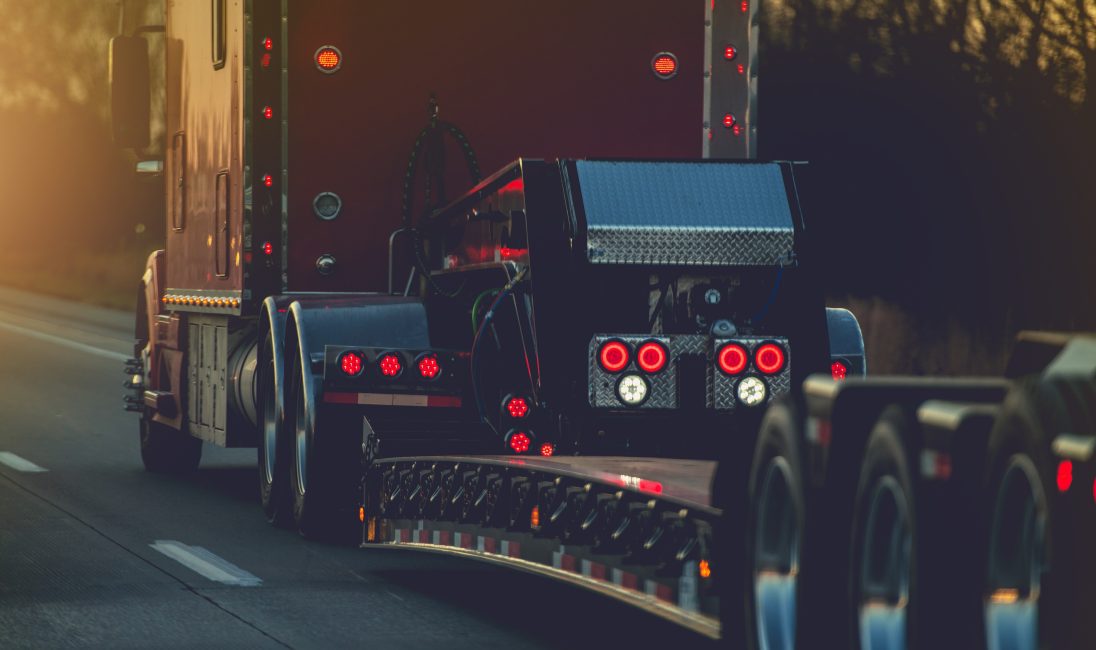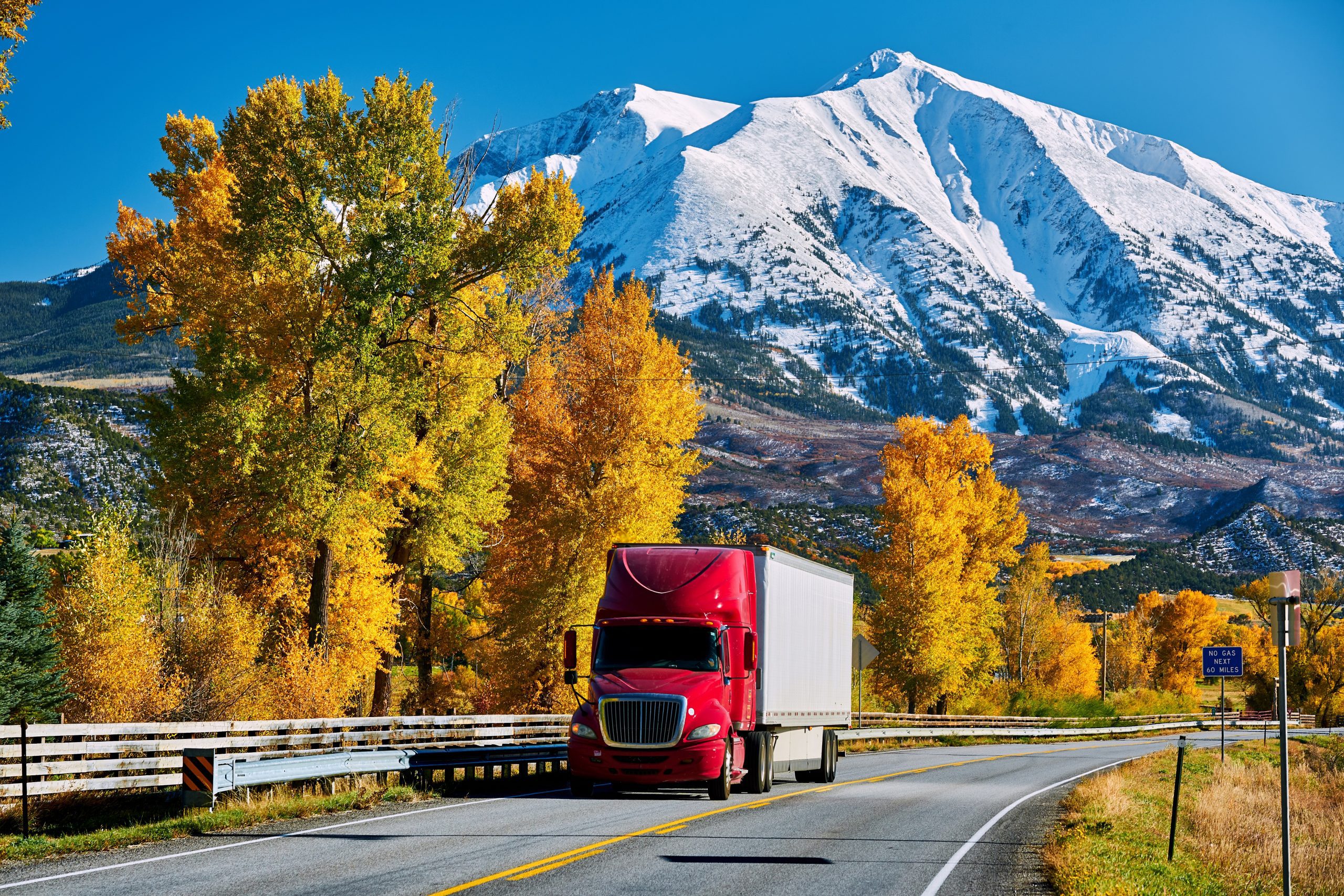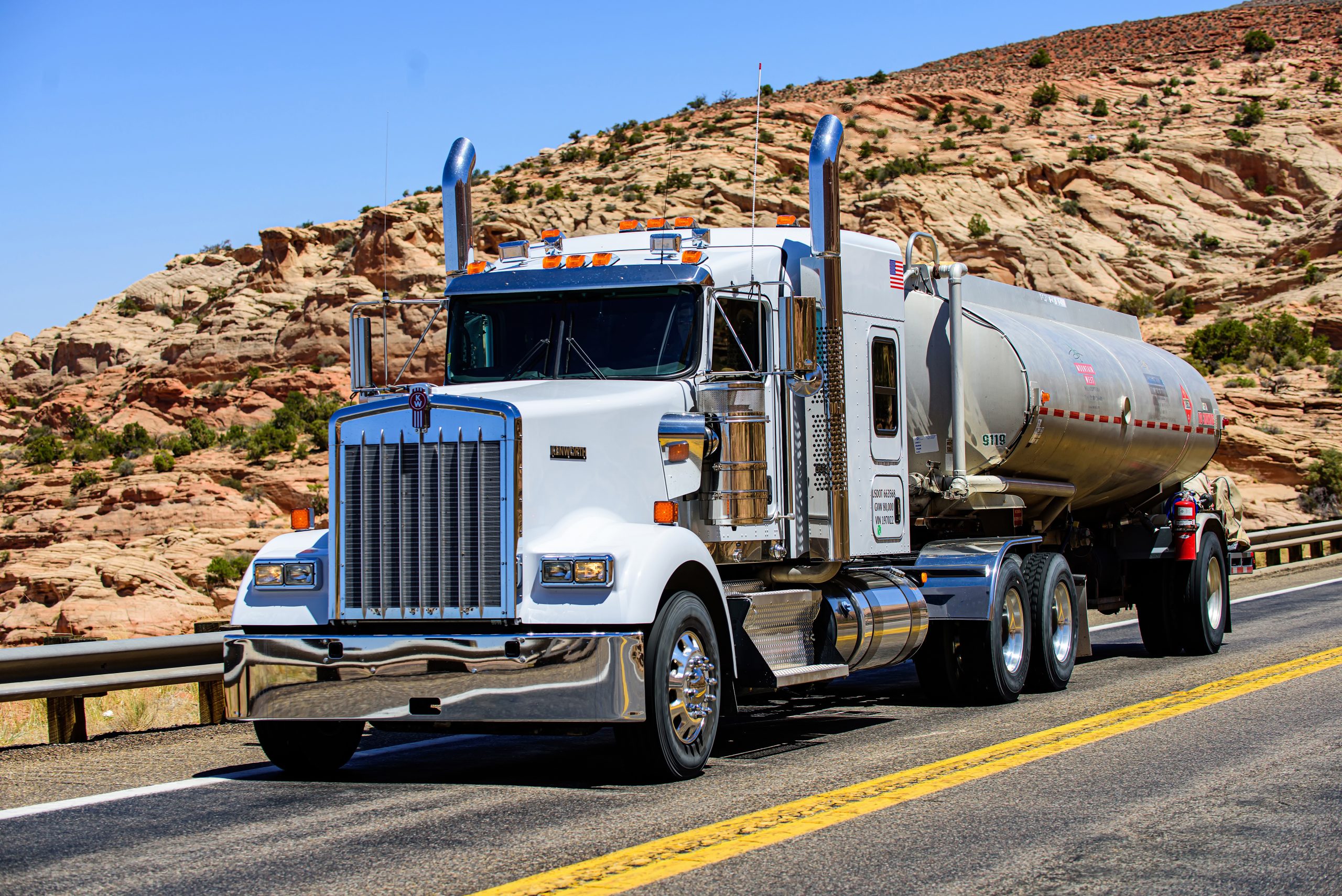All You Need to Know About Pilot Cars for Oversized Loads

Oversized loads are a common sight across U.S. roads. These may include large construction equipment, wind turbines, oversized boiler tanks, industrial furnaces, fuselages, and even mobile homes. While hauling oversized loads typically requires getting one or more special permits, there are instances when the requirements extend to getting pilot cars as well.
What Is a Pilot Car?
A pilot car is one that leads or follows an oversized load to help ensure its safe passage across its entire route. These vehicles are typically equipped with flashing lights, signs, and flags to warn other drivers of the oversized load. Drivers of pilot cars hold the responsibility of communicating with drivers of the oversized loads they accompany to coordinate smooth movement.
Whether you might need a pilot car along with an oversized permit, and what type of pilot car you may require, depends on your shipment. For example, if you intend to transport an over-height shipment, you might need a pole car that comes with an extended vertical pole in the front.
Various factors go into determining who needs a pilot car for an oversized load. The important ones include the dimensions and weight of your shipment, the route you plan to take, and the time of the year.
Are Pilot Cars Necessary?
The simple answer is yes, and for several reasons. For starters, pilot cars warn other drivers on the road of the presence of the oversized load. This is important because oversized loads can be difficult to maneuver around when there’s traffic. Pilot cars also play in role in controlling the flow of traffic around the load they accompany, which helps minimize the possibility of accidents and keeps traffic moving smoothly. Besides, pilot cars can direct oversized loads through narrow streets or hard-to-navigate areas.

Rules for Pilot Cars
Rules for pilot cars vary from one state to another. A vehicle carrying an oversized load typically needs one or more pilot cars if the load meets any of these conditions:
- Over 12 feet wide
- Over 14.5 feet high
- Over 90 to 100 feet in length
Some states require two pilot cars if the width of the load exceeds 14 feet, one leading and one following. The exact measurements of the load and/or the type of cargo play a role in determining the number of escort vehicles you might require.
A pilot car for oversize loads typically needs to have:
- Two roof-mounted amber lights that rotate and strobe
- An oversized load banner with legible lettering mounted on the front bumper/roof
- Two-way communication with the driver of the load
- A height pole
Pilot cars for oversized loads that transport hazardous materials should have first aid kits, protective clothing, protective gloves, and masks. In addition, a pilot car driver for oversize loads should have the required certification/qualification to carry out the task at hand.
Lead and Chase Pilot Cars for Oversized Loads
Often, a load’s size and the route have a bearing on whether you need a pilot car in the front, at the back, or both. While the one in the front is the lead car, the one that follows is the chase car. The primary role of a lead car is to keep the load on the right track after accounting for local and state regulations. It also plays a role in spotting obstacles and heavy traffic.
The driver of a chase car holds the responsibility of keeping the load’s driver aware of traffic that’s coming from behind, given the limited visibility that oversized load drivers typically have to deal with. As and when an oversized load needs to turn or change lanes, the chase car comes into effect by protecting the required lane before the oversized vehicle makes the move.
If your oversized load requires just one pilot car, you should ideally go through state and local regulations to determine if the pilot car should function as a lead or chase car based on the type of load and the route. In the presence of lead and chase cars, the more experienced pilot car driver tends to take the lead because this role carries more responsibilities.
Benefits of Using Pilot Cars
Pilot cars help improve safety, not just for drivers of oversized loads, but for all other road users as well. They warn other drivers of the presence of the oversized load, which plays an important role in preventing accidents.
Pilot cars are vital for the smooth flow of traffic in the presence of oversized loads. Since they control the flow of traffic around oversized loads, they ensure that traffic keeps moving smoothly. In addition, pilot cars might help reduce the time it takes to transport an oversized load. For example, they can help oversized loads navigate through difficult or narrow areas quickly.
An experienced pilot car driver for oversize loads:
- Keeps the road safe
- Keeps your cargo safe
- Prevents damage to highways, roads, and other related-infrastructure
- Minimizes traffic-related delays
- Keeps your insurance rates in check by preventing accidents

How Much Does it Cost?
How much you need to pay to get a pilot car for oversized loads depends on multiple factors such as the load’s dimensions, the route, the distance, lead time, weather, and availability. For example, if there’s a surge in demand for pilot cars and not enough supply, you may expect to pay more than usual.
If you use the services of a reliable company like 365Pilots, this is what you may expect to pay based on your specific requirements:
- Lead car – $1.75 to $2.00 per mile
- Chase car – $1.75 to $2.00 per mile
- Steer car – $2.00 to $3.00 per mile
- Pole car – $1.95 to $2.25 per mile
To get a clear estimate, you may contact 365Pilots via their website, email, or over the phone.
Conclusion
Pilot cars are an important part of the transportation industry and they play a key role in safely getting oversized loads from one place to another. In addition to improving safety, they streamline the flow of traffic and increase efficiency. Bear in mind that transporting an oversized load requires following the rules for pilot cars in your state. If you’re unsure about anything, including the trucking permits you might need, discussing your doubts and needs with a professional is the ideal way to go.
Coast 2 Coast Trucking Permits can help you get all types of trucking permits. These include overweight, oversized, superload, temporary fuel (IFTA), and temporary trip (IRP) permits. You may get yours online.